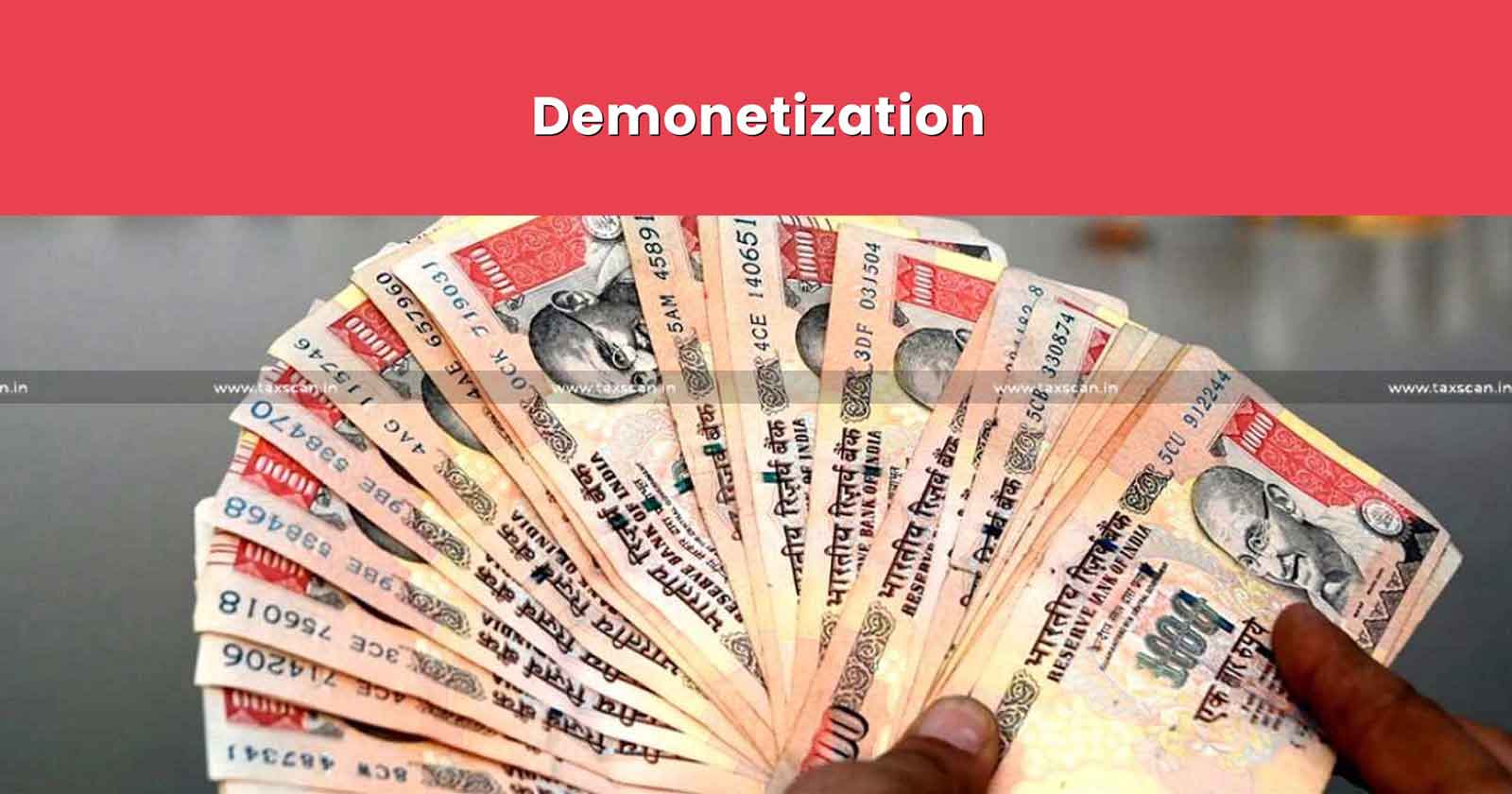Incomplete Analysis of ₹2.17 Cr Unsecured Loan: ITAT Directs to Verify Documents [Read Order]
The Tribunal remitted the issue of a Rs. 2.17 crore addition under Section 68 of the Income Tax Act, 1961, directing the Assessing Officer to verify documents due to incomplete analysis by lower authorities.
![Incomplete Analysis of ₹2.17 Cr Unsecured Loan: ITAT Directs to Verify Documents [Read Order] Incomplete Analysis of ₹2.17 Cr Unsecured Loan: ITAT Directs to Verify Documents [Read Order]](https://images.taxscan.in/h-upload/2025/07/19/2065735-unsecured-loan-taxscan.webp)
The Delhi Bench of the Income Tax Appellate Tribunal ( ITAT ) has remitted the issue of a Rs. 2.17 crore addition under Section 68 of the Income Tax Act, 1961, back to the Assessing Officer (AO) for verification of documents, citing incomplete analysis by the tax authorities.
Ambey Laboratories Limited (assessee), a company engaged in pesticide manufacturing, filed income tax return for the Assessment Year 2017-18, declaring a loss of Rs. 15,30,39,439. During scrutiny, the AO observed that the assessee had received unsecured loans amounting to Rs. 2.32 crore from various parties.
The AO issued a notice to substantiate these transactions under Section 68 for unexplained cash credits. The assessee submitted documents, including loan confirmations, bank statements, and financials of the creditors, to prove the identity, creditworthiness, and genuineness of the transactions.
Comprehensive Guide of Law and Procedure for Filing of Income Tax Appeals, Click Here
The AO found the submissions unsatisfactory, noting that the creditors had filed returns with losses or meager income, and their bank statements showed credits from unknown sources prior to the loan transactions. The AO added Rs. 2.32 crore as unexplained income under Section68 of the Income Tax Act.
Aggrieved by the AO’s order, the assessee appealed to the Commissioner of Income Tax (Appeals) [CIT(A)]. The CIT(A) analyzed the transactions of individual creditors. The CIT(A) allowed partial relief by deleting the addition of Rs. 14.50 lakh concerning Bazigar Trading, finding sufficient evidence of the creditor’s funds.
The CIT(A) upheld the addition of Rs. 2.17 crore for loans from Ambey Capital Pvt. Ltd., Aromatic Alloy and Allied Pvt. Ltd., Green World International Pvt. Ltd., Rakshit Chemicals Industries Ltd., and SG Art Entertainment, citing inadequate proof of creditworthiness and genuineness.
Understanding Common Mode of Tax Evasion with Practical Scenarios, Click Here
Aggrieved by the CIT(A)’s order, the assessee appealed to the ITAT. The Counsel for the assessee argued that the assessee had discharged its onus under Section 68 by submitting relevant documents, including confirmations and bank statements, and that the tax authorities failed to conduct further inquiries to disprove the evidence.
The assessee contended that the lower authorities rejected the documents without proper analysis and that the concept of proving the "source of source" was not applicable for the Assessment Year 2017-18, as the relevant amendment to Section 68 came into effect from April 1, 2023.
The two-member bench, comprising Vikas Awasthy (Judicial Member) and S. Rifaur Rahman (Accountant Member), observed that the assessee had submitted confirmations and other documents during appellate proceedings, which were only partially analyzed by the CIT(A).
Step by Step Guidance for Tax Audit & E-filing, Click Here
The Tribunal observed that the CIT(A) rejected the transaction due to the creditor’s accumulated losses and related-party status, despite confirmations showing repayments and additional loans.
 Also Read:No Bar on Retaining Cash for Reasonable Period if Source Traceable: ITAT Quashes Cash Deposit Addition During Demonetisation in absence of Corroborative Evidence [Read Order]
Also Read:No Bar on Retaining Cash for Reasonable Period if Source Traceable: ITAT Quashes Cash Deposit Addition During Demonetisation in absence of Corroborative Evidence [Read Order]
The Bench held that the tax authorities did not fully appreciate the documents on record and failed to verify the transactions in light of judicial precedents, which emphasize that creditworthiness depends on the availability of funds, not merely earning capacity.
The bench also observed that the requirement to prove the "source of source" was not applicable for the relevant assessment year. It remitted the issue back to the AO to verify the documents as per law, ensuring the assessee is given a proper opportunity to be heard.
The appeal of the assessee was allowed for statistical purposes.
Support our journalism by subscribing to Taxscanpremium. Follow us on Telegram for quick updates


